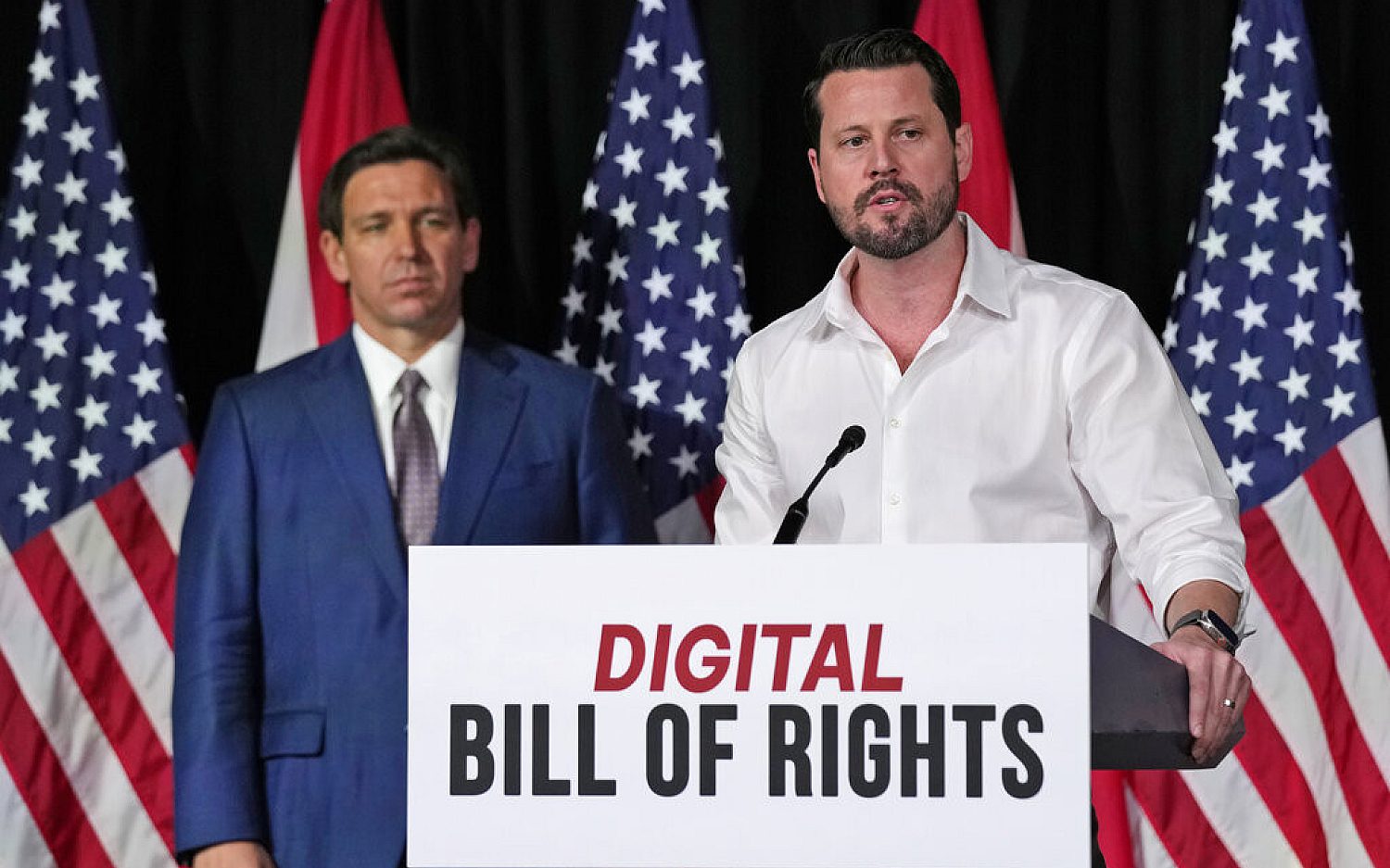Cases to watch when SCOTUS opens in two weeks
Two weeks from now, the U.S. Supreme Court will begin a new term, as it does every year on the first Monday in October. That first week, the court has six cases scheduled for oral arguments. For all the court’s austerity and seriousness—the black robes, the marble halls—some cases just don’t seem to belong. One of them is coming up Dec. 1.
Elonis v. United States has to do with rap music. A man in Pennsylvania named Anthony Elonis was angry his wife had left him. He started posting awful things on Facebook, saying he wouldn’t rest until her body was a mess, soaked in blood. He posted often, and his words were violent. His ex-wife testified she was afraid of what he’d do.
It ended up before the Supreme Court because putting threatening language on social media violates federal law. You can’t transmit any threat to injure someone across state lines. Elonis was eventually convicted of violating that law and is now in prison.
But there is disagreement about what the government must prove in a case like this. Some circuits use the legal standard of “reasonable person.” Would a reasonable person reading Elonis’ posts perceive a threat? Another standard says the government must prove Elonis actually intended to threaten his ex-wife. Elonis claims he was only venting. He argues the violent words he posted on Facebook are a lot like rap lyrics.
Because Supreme Court justices tend toward opera and classical music, the briefs attempt to educate them about a music genre with which they might not be familiar by quoting lyrics. Here’s one from the group Wu-Tang Clan: “I come sharp as a blade, and I cut you slow.”
Another brief pointed out the case of a young man in Texas who was playing video games. A friend texted this young man was “crazy,” and the young man made a sarcastic reply about shooting up school kids that got him arrested. Although he didn’t mean it, the FBI paid him a visit. While it’s true tone and context go missing online, the context with the Elonis case is an angry man and a frightened woman with a history of problems in the marriage.
Next on the list, the high court will be looking at a case in which the local government is accused of discriminating against churches. The controversy in the town of Gilbert, Ariz., has to do with a sign ordinance.
Gilbert allows all manner of signage around town, including huge, political signs that stay up for a long time. But the town does not allow churches to put up signs to direct people to services.
The church argues the law is illegal viewpoint discrimination. Imagine two pictures from Gilbert: one with a bunch of huge political signs, the kind you see before, during, and after elections that stay up for eons. The other photo is of a particularly small sign that’s hard to read. But when you strain, you see it invites people to church.
Lawyers for Gilbert must explain why political signs aren’t a threat to safety and aesthetics, but signs for church services are. The town hasn’t filed its brief yet.
There’s one more religious freedom case on the watch list. A prisoner in Arkansas wants to grow his beard, according to dictates of Islam. Prison policy requires clean shaves for safety and hygiene. The prisoner argues that both the First Amendment and the federal Religious Land Use and Institutionalized Persons Act govern here. The government cannot put a substantial burden on religious exercise without showing a compelling reason and using the least-restrictive means.
This case has made for odd alliances. The prisoner is represented by the Becket Fund for Religious Liberty, better known for its defense of Christians. Another conservative Christian group, Alliance Defending Freedom, and its frequent opponent, the Freedom From Religion Foundation, both agree the prisoner should have his beard because, very simply put, religious freedom is for everyone. It can’t be subdivided. If Muslims don’t have religious freedom, then neither do Christians. Many prison ministries could be adversely affected if the court rules against religious liberty in the case of a prisoner who wants to grow his beard.
An actual newsletter worth subscribing to instead of just a collection of links. —Adam
Sign up to receive The Sift email newsletter each weekday morning for the latest headlines from WORLD’s breaking news team.





Please wait while we load the latest comments...
Comments
Please register, subscribe, or log in to comment on this article.